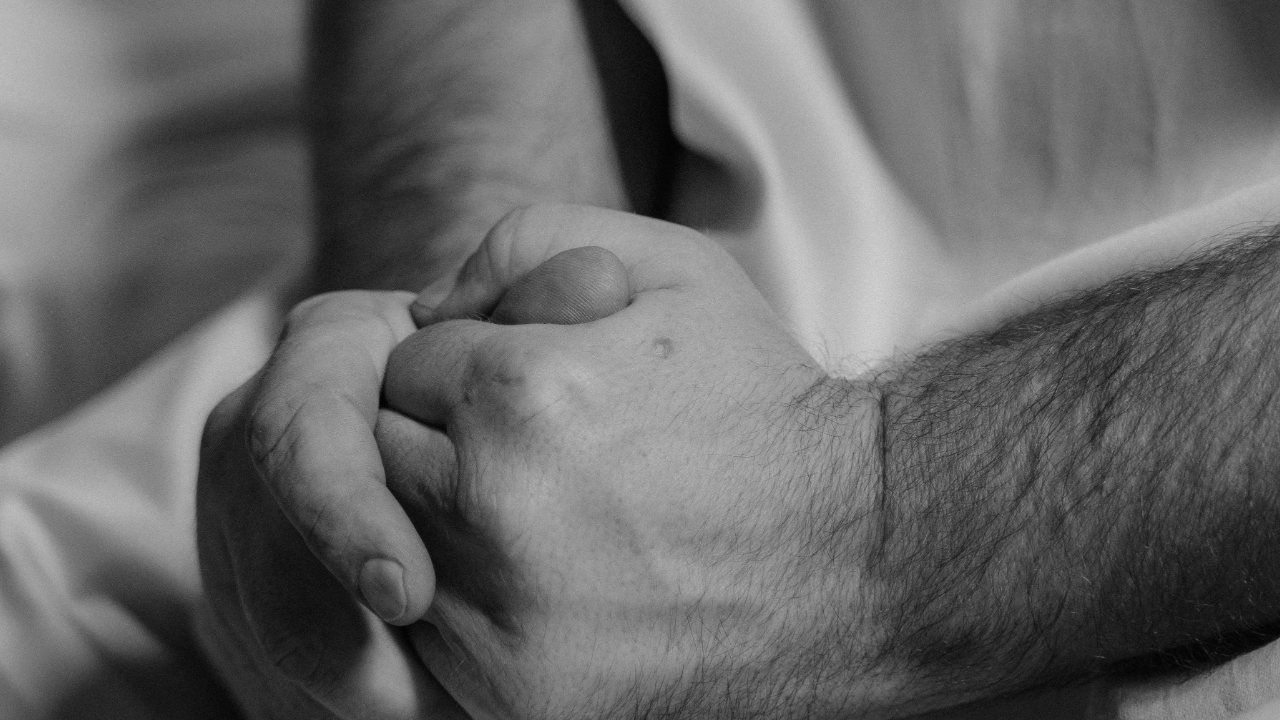Breaking Down Barriers to Men's Mental Health: Personal, Professional, and Societal Hurdles
Jun 09, 2025
Introduction
As we continue to recognize Men's Mental Health Awareness Month, we dive into the barriers preventing men from seeking mental health support. In today's fast-paced world, understanding these barriers is crucial to instigating change and ensuring every individual receives the mental wellness care they need.
The Data Behind Disconnection
Statistics highlight a dire need for attention to men's mental health. Men make up nearly 80% of all suicides in the U.S., yet only one in four men facing mental health difficulties seeks professional help. This concerning trend signals an urgent need for cultural and systemic changes.
Personal and Family Barriers
From a young age, boys are conditioned to suppress their emotions. Phrases like "be a man" and "stop crying" are ingrained into family dynamics, fostering emotional repression. Men often grow up believing vulnerability equates to weakness, a belief that shame, a powerful silencer in psychology, heavily reinforces.
Workplace Challenges
Work environments can further stifle men's emotional expressions. High-stakes fields like law, medicine, and technology often propagate the notion that emotions are a liability. While corporate cultures may be evolving to embrace emotional intelligence, many systems still penalize vulnerability, making men reluctant to appear emotionally weak.
Societal and Cultural Norms
Society's portrayal of manhood as a stoic provider and protector overlooks the need for emotional openness. Media representations reinforce these ideals, showing few male characters solving problems through emotional intelligence and expression. Furthermore, cultural intersections with race, religion, and nationality compound these barriers, especially in immigrant or religious households where expressing mental distress is seen as taboo.
Systemic and Economic Obstacles
Access to therapy is limited by economic and systemic hurdles. High costs, long wait times, and the scarcity of culturally competent providers hinder accessibility. Moreover, men are less likely to seek regular medical check-ups, reducing opportunities for mental health screenings and referrals.
Call to Action: Overcoming Barriers Together
These barriers aren't immovable. By fostering dialogues, adjusting policies, and embracing acts of courage, we can dismantle them. Here's how you can contribute:
- Reflective Practice for Men: Ask yourself, what story about manhood have you internalized that no longer serves you?
- Workplace Leaders: Consider how your workplace can make emotional support more visible and acceptable for men. Establish spaces for men to feel safe expressing vulnerability.
- Supportive Allies and Friends: Take a small action this week to make it safer for a man in your life to open up. Offer compassion, listening, and understanding.
Our impact goes beyond individual men; it influences families, communities, and society at large. The path forward involves having the courage to step up and advocate for change across all levels of influence. Remember, these conversations and actions ripple outwards, creating a broader culture of emotional health and support.
Until next time, remember that growth is a process, and as always, shift happens.

Note: If you’re interested in podcast episodes that delve deeper into psychological resilience, men's mental health, growth mindset and cultivating your dream life, check out the Unstressed Exec Podcast.
👉 https://theunstressedexec.podbean.com/
Stay connected with insights and updates!
Join our mailing list to receive the latest news and updates from our team.
Don't worry, your information will not be shared.
We hate SPAM. We will never sell your information, for any reason.


